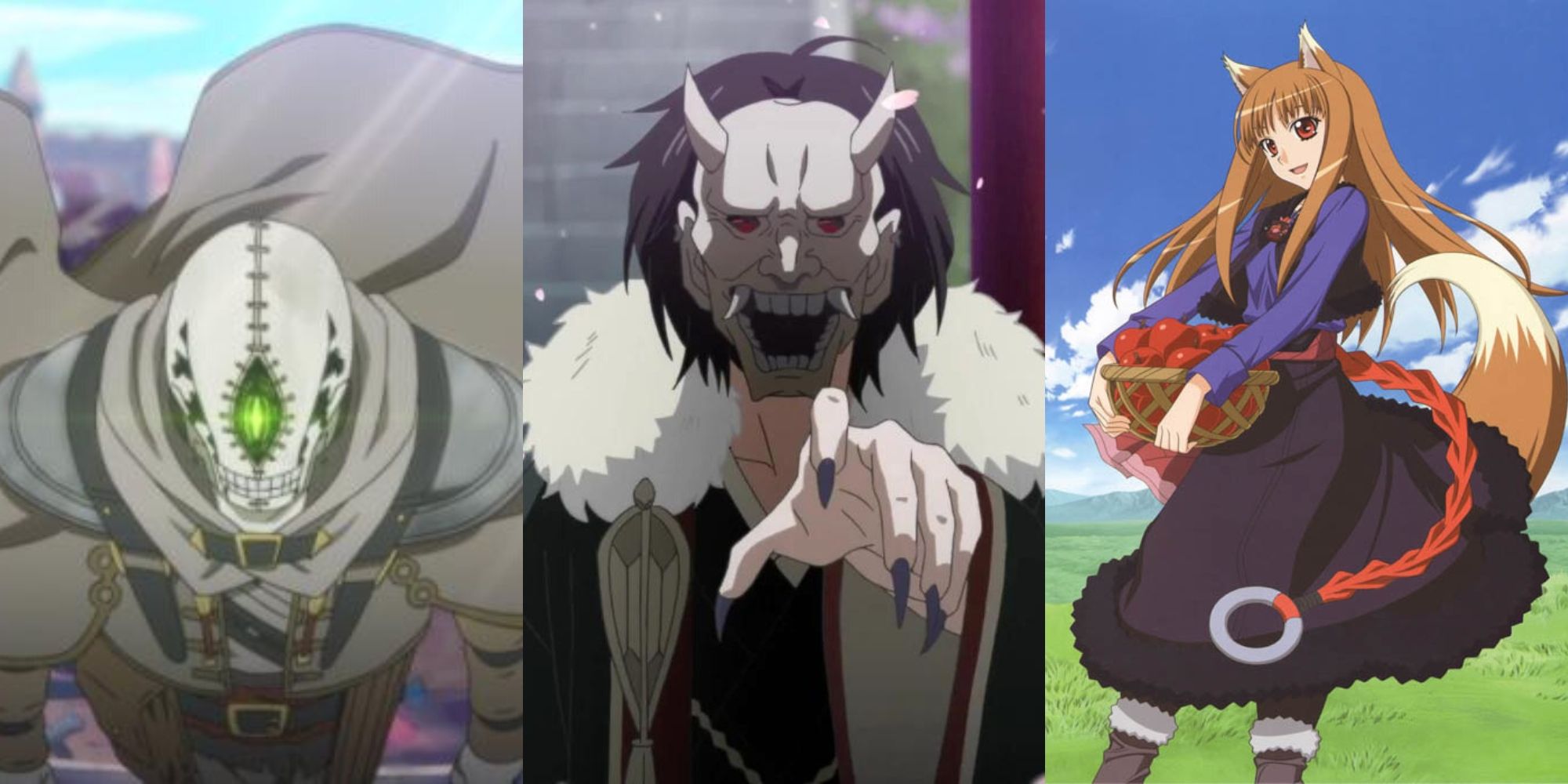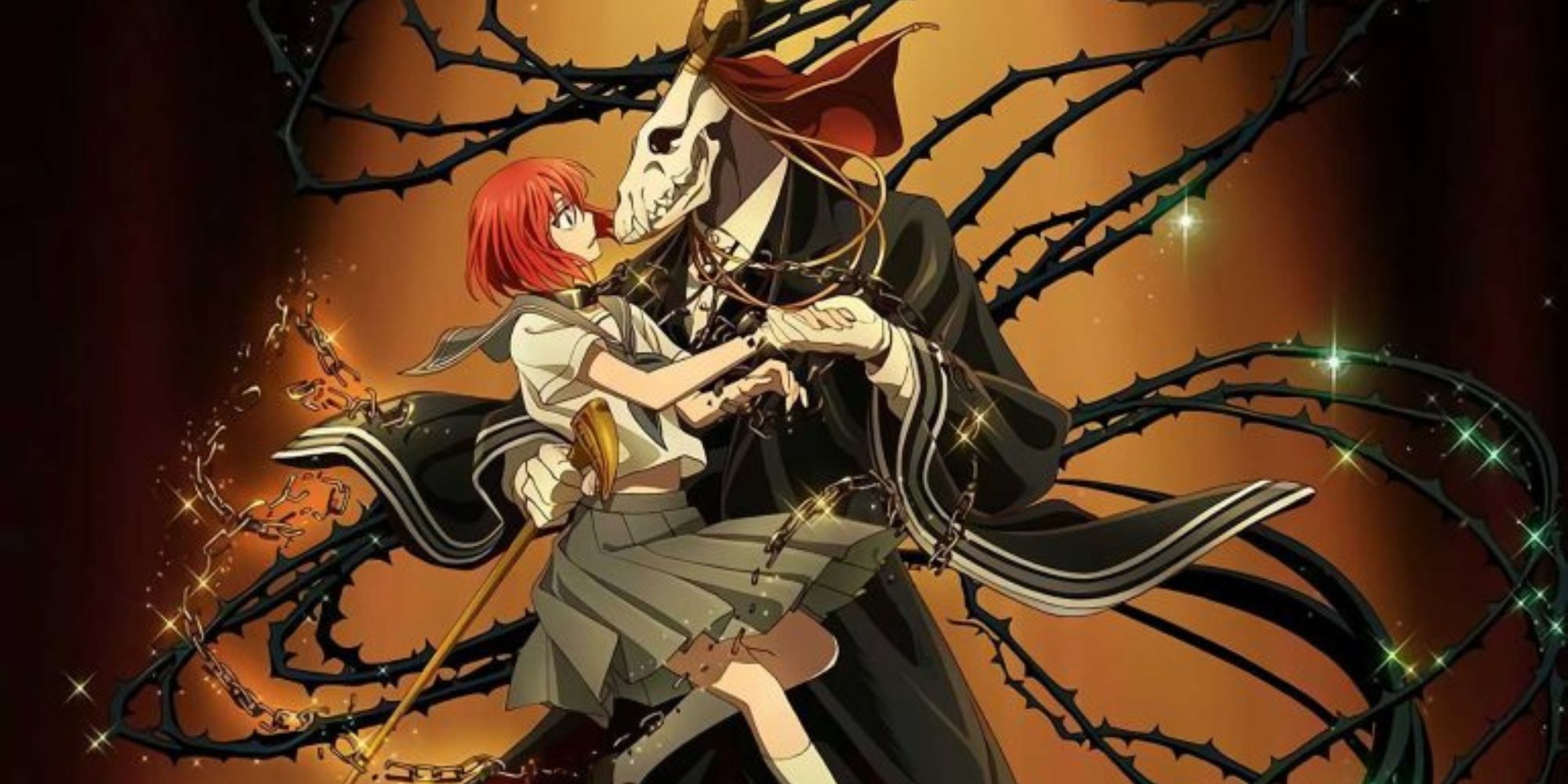Highlights
- The use of AI translation in the simultaneous international release of The Ancient Magus' Bride manga has sparked negative reactions from fans who fear the replacement of human translators and lower-quality translations.
- Japanese company Mantra combines its machine translation technology with proofreading by professional translators as a workaround, but this creates a dilemma for translators who have to either make machine-translated English sound natural without guaranteeing accuracy or compare it to the original text, making their job more difficult.
- The use of AI translation in media localization is driven by the desire for faster and cheaper translations. However, the concerns of replacing translators and receiving lower-quality translations remain, as AI can never be perfect and translation is a complex form of authorship that requires human creativity and interpretation.
From art to screenplays to translation, the potential of machine learning and generative AI has seemingly dominated discussion regarding every facet of daily life, and that potential is often scary. The anime and manga communities have anxiously awaited AI's descent upon the scene, and with the return of The Ancient Magus' Bride manga on December 21, that time has come. The manga by Kore Yamazaki went on hiatus back in March after the end of the "Gakuin" (College) arc and returned on Thursday, December 21 with the start of the "Shishigari" (Beast Hunting) arc. The manga's official Twitter/X account announced that the manga would see a simultaneous international release in English through the use of AI translation by Japanese company Mantra.
Naturally, the reactions to this announcement by fans have been quite negative given the apprehension towards AI's rapid expansion and its capacity for replacing artists and workers. The goal of this piece is to run down precisely how AI is being used for this translation according to Mantra, ask why AI is being considered at all, and confront the precedent being set here. Because while AI has the potential to do good, its current trajectory has people cynical for good reason.

7 Anime To Watch If You Like The Ancient Magus' Bride
The Ancient Magus' Bride is not the first of its kind, and these anime are the perfect thing to watch if fans are wanting something similar.Machine Translation & Mantra
As Jennifer O'Donnell of J-En Translations succinctly puts it, machine translation is when "a machine translates text from one language into another without human intervention." Programs that utilize MTL can be a useful tool when navigating a foreign country (Google Translate) or simply browsing websites in other languages, but in terms of localizing media, this is not ideal.
Western fans of Japanese media know this very well, as machine-translated texts are oftentimes seen as a desperate measure when waiting for an official translation. There are likely to be tons of grammatical errors or sentences that simply don't make sense in English and that, when corrected to sound natural, may still be inaccurate to the original text. This is because machine translation is limited by what data it is fed.
Having a human translator is a much safer bet, and it seems that the folks at Mantra are aware of the hesitancy among fans regarding MTL. In the press release announcing their involvement in the simultaneous translation of Ancient Magus' Bride, they explain that they're combining their MTL tech with proofreading by professional translators. This seems like a fitting workaround, but this presents another problem that renders MTL somewhat redundant.
O'Donnell describes the crossroads that a translator given machine-translated work to proofread will find themselves at. They can either make the broken English make sense absent of the assurance that it is accurate to the original text, or they can compare the MTL to the original text. In the latter case, it would have been easier to just translate it themselves. Worst of all, the translator will likely be paid less because they were only "proofreading."
Why Use AI?
The above title could truly apply to the entire debate surrounding AI that has dominated the cultural zeitgeist, but the simplest answers to the question are - as demonstrated - time and money. If a company can get their work seen by as many people as possible in less time, without having to spend as much money on translation, it's only natural that they would take that leap.
It doesn't come as a surprise, especially when the central pitch behind the capitalization on Japanese media has been the speed at which it can be shared around the globe. It started with simulcasts for anime, followed soon after by simuldubs, as well as simulpubs for manga. The gap between the release in Japan and the release in the West has been shrinking to the point that the delays that used to be commonplace are considered an unacceptable inconvenience.
The fears of this development are two-fold: first and foremost, the replacement of translators and the underpaying of those that remain, and audiences receiving lower-quality translations. To the latter point, defenders of AI would argue that if the limiting factor is the data being fed into it, then all AI needs is more data to become smarter and capable of meeting the task.
However, this doesn't fix the first and most paramount concern - the replacement of translators. Fans would argue that companies should just hire translators and take the time to get it right, interpret the nuances, and intuit the balance between faithfulness and some creative liberties. AI translation can never be perfect, because human translation can never be perfect either.
Translation Is an Art, Not a Science
Considering that a key dilemma with AI discourse is determining whether it can produce art or not - and many would argue "not" - translation is no different. AI translation can be a lifesaver when it comes to gathering information and bridging a language barrier in a bind. Google Translate is what allowed me to convey the information from the below-linked press release about Mantra. But the translation of documents and the translation of creative media are very, very different.
Back in 2019, Jeremy Blaustein wrote an op-ed for Polygon detailing how he went about translating 1998's Metal Gear Solid, and it is a riveting piece. Not only does it speak to the research and dedication that goes into translation, but it also reveals how Blaustein's creative liberties came to define terminology that is still used in the series to this day. Terms like CODEC and OSP (on-site procurement) were coined by Blaustein.
Of course, the piece also goes on to state how he wasn't involved in the series beyond the first, precisely because he had made certain changes to the source material. Kojima likely wanted to ensure that the translations were as close to his intended meaning as possible. A similar case occurred when Studio Khara exerted extra control over the English scripts of Evangelion following the release of Evangelion 3.33, which has noticeably affected translations since.
None of this is to argue that Kojima or Hideaki Anno were wrong in feeling protective of the conveyed meaning behind their work. MGS and Eva are two incredibly dense works of fiction where details lost in translation can have ripple effects down the line. The point is that translation is complicated and is a form of authorship in itself.
The Ancient Magus' Bride was written in Japanese by a Japanese author. When a work is translated, the authorship is no longer that of a single soul, but the translator as well, who has labored to make the words of one tongue fit another with as close to perfect accuracy as possible. Even then, the best translation could be argued to miss the mark in ways so minute as to seem inconsequential, and yet that in itself is the beauty of the craft.
Art is communicative. It is the work of an individual or group of individuals conveyed to an audience. Artists use tools to bridge that gap, but they are never absent from the equation where it counts. AI may very well be capable of adapting to the point that the aforementioned flaws are minor, but if reaching that point means sacrificing the human element between the artists and the audience, then many fans would rather not engage with the art at all.
The Ancient Magus' Bride is published in North America through Seven Seas Entertainment. The anime is available to stream on Crunchyroll.
Source: Anime News Network, PR Times, J-En Translations, Polygon


No comments:
Post a Comment